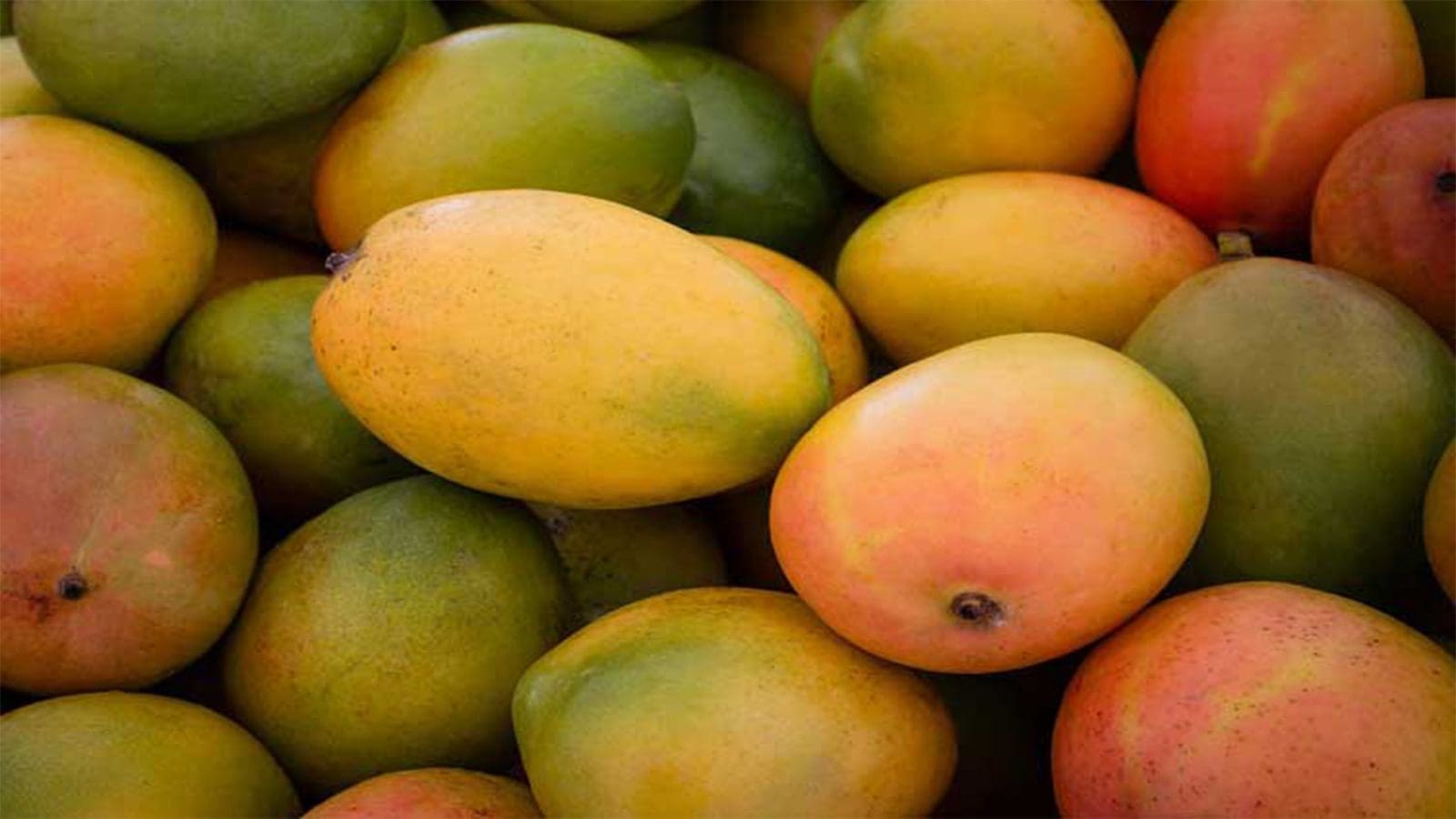NIGERIA – The National Agency for Food and Drug Administration and Control (NAFDAC) has expressed regret over the increasing prevalence of using calcium carbide to ripen fruits in Gombe State, warning consumers to desist from purchasing such fruits.
In an interview with newsmen in Gombe, the agency’s Gombe State Coordinator, Mr. James Agada, said that carbide-ripened fruits were to blame for cancer, abdominal pain, and other illnesses afflicting the nation.
He added that eating such fruits can potentially result in liver, renal, and heart failure.
Agada revealed that his organization had conducted a raid on a greengrocer’s store in the Gombe metropolis where calcium carbide was being used to ripen bananas. One person was detained, and the products were seized.
“While we warn farmers and sellers against the dangers of using such chemicals for ripening their fruits such as banana, mango, plantain, orange, and cashew, we are also calling on the general public to beware.
“Just give the fruits some time and days they will naturally ripen, when you use chemicals to ripen your fruits the taste also gets affected,” the coordinator said while revealing that the public can identify artificially ripened fruits by the traces of powdery substances and how they peeled off quickly.
He reaffirmed that NAFDAC is committed to protecting Nigerians’ health while promising that the organization would work tirelessly to monitor, regulate, and control substances of interest.
Fruit ripening is a unique aspect of plant development, which makes the fruit edible, softer, sweeter, more palatable, nutritious, and attractive.
NAFDAC claims that fruits that have been artificially ripened have a consistent color are less juicy than fruits that have ripened naturally and have a relatively limited shelf life. They could have ripe skin but are unripe inside.
The fruit can also be recognized as artificially ripened if the fruits are completely yellow while the stem is dark. This is particularly true for bananas and plantain.
Such fruits may result in frequent thirst, mouth and nose discomfort, weakness, chronic skin damage, trouble swallowing, vomiting, skin ulcers, among other symptoms.
A higher exposure could result in an unwanted fluid buildup in the lungs (pulmonary oedema).
For all the latest food safety news from Africa and the World, subscribe to our NEWSLETTER, follow us on Twitter and LinkedIn, like us on Facebook and subscribe to our YouTube channel.








